Perhaps the question should be ‘Is there anything wrong with education today?’
A good place to start is to consider the many different models of education around the world, whether it’s the Scandinavian approach which gets the best results, the Singapore model which is renowned for its maths outcomes or the British model which some say relies on its now long past heritage of educating the empire. With something as important as education, you’d think there’s be a standard model that would incorporate the best elements of education theory and practice from across the globe but the differences, some subtle, some not so subtle remain.
The next element to consider is what is the intended outcome of education. Is it to produce scientists, academics, doctors and nurses, service industry workers, researchers, IT experts and more? Countries often look to their economic output and what will help them rise to or maintain their position as a highly developed country at the forefront of technological or medical advances, the aim seeming to be ‘world leaders’ in a particular field. This presents particular problems as the lag between educating someone to achieve a goal and them being ready to tackle it is often so long that the goal has long since changed. It’s an oft quoted message that children born today will do jobs when they leave school that have yet to be invented.
A typical picture of the reactionary nature of government policy towards education is seen in the UK approach. Generally the UK is seen as a tertiary economy whereas the ideal is the quaternary economy where research and development generates new products which contribute to GDP. Equally, the UK has long since lost the bulk of its secondary economy – manufacturing and engineering leading to a reduction of exports and a corresponding increase in imports. To counter this, the UK has introduced T level qualifications which educate students in more practical elements but these address only a small area of concern in a fragile economy.
So what is the answer to the conundrum? How do we give students a specific education but which is also broad enough to allow them the transferable skills to be flexible enough to adapt to new and developing economic opportunities and thrive within them?
Further illustrating the slow pace of necessary change, industry first began questioning education outcomes in the 1980s, a theme that was taken up by the UK’s Royal Society of Arts, Manufactures and Commerce with their investment in the Opening Minds skills-based curriculum. This failed to gain traction and education returned to the transfer of a limited body of knowledge to students little of which enabled them to function effectively in the economy. The theme has been revisited in the last few years with the rise of the 21st Century Curriculum with its wise focus on critical thinking, the application of creative solutions to problems, the recognition that effective collaboration supercharges and refines outcomes and that clear communication of ideas is necessary to translate theory into action.
Once more the UK system dipped its toe into the water but resistance from teachers, led by the fear that such an approach may negatively impact exam results and, consequently, a school’s OfSTED rating, caused them to backtrack with a probable return to economic backwaters.
That said, some schools are bold enough to take up the challenge, recognising the benefits of developing life skills as tools that will help young people succeed post academia. Some are physical schools, whilst Elea High Online School is the only online school to embrace this philosophy having seen the benefits of it in their partner physical school TLC Private School.
So, returning to the question of what is wrong in education today, the answer would be inflexibility, the lack of willingness to embrace proven advances in education practice and a blinkered view that all that matters is exam grades.

